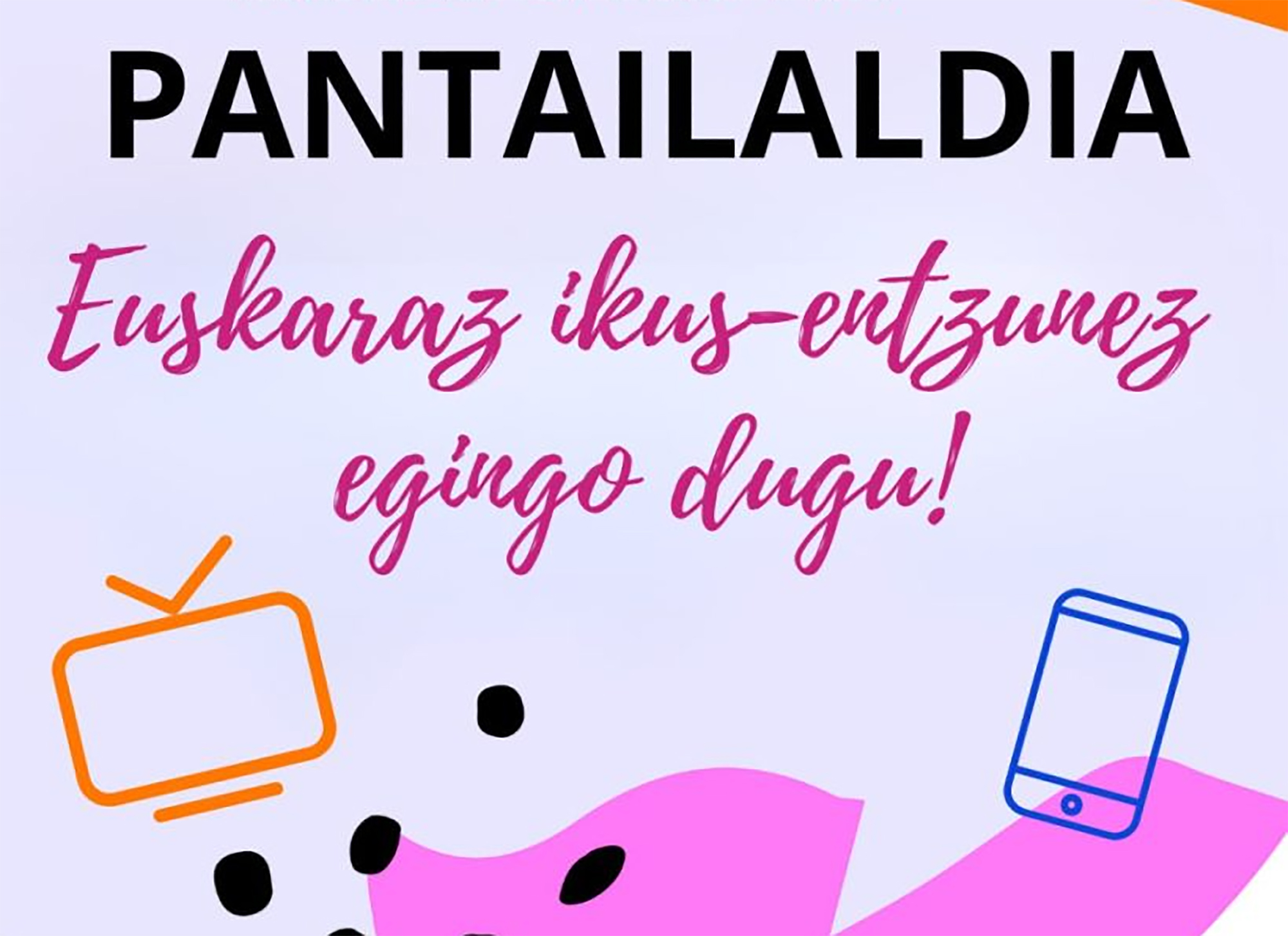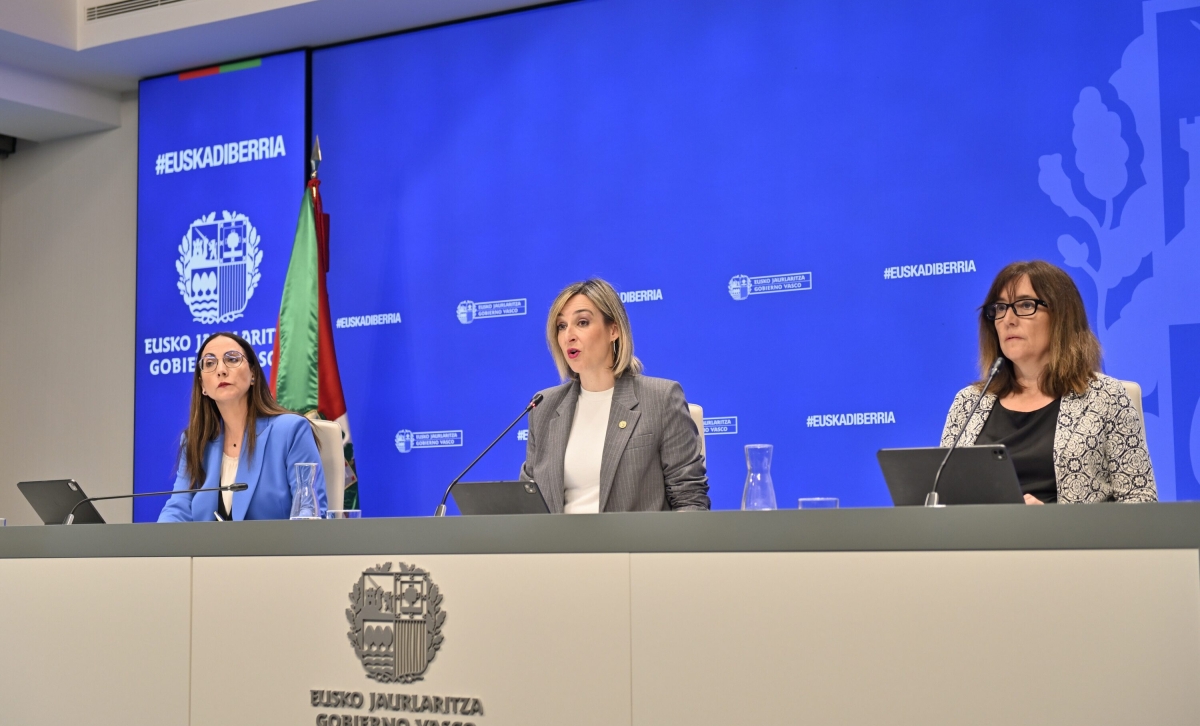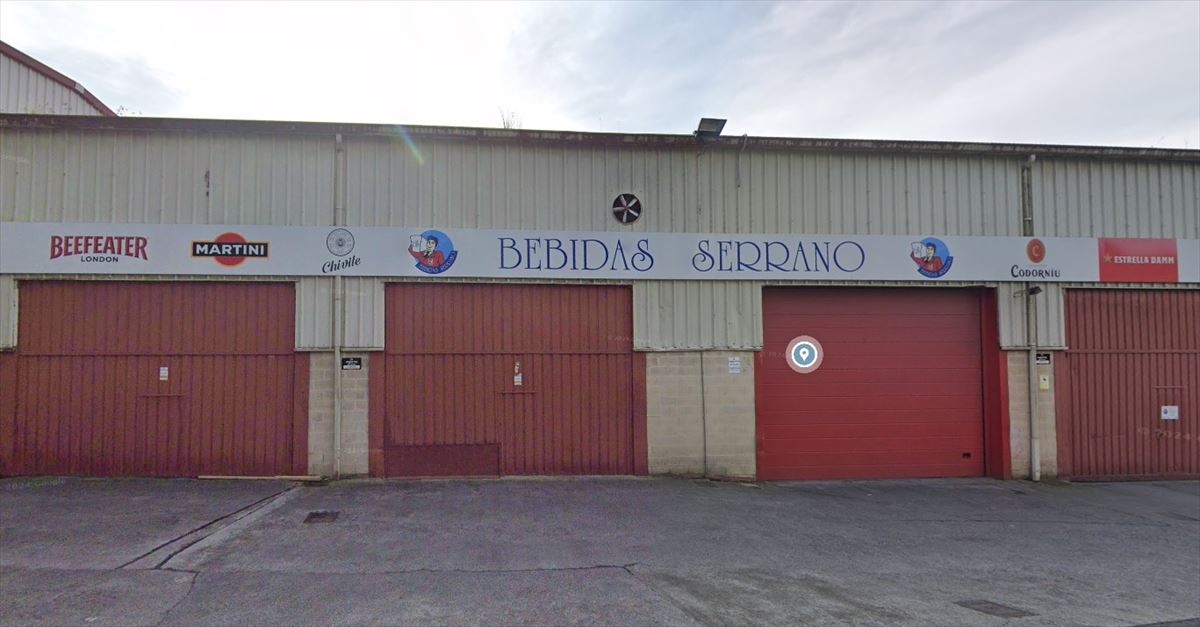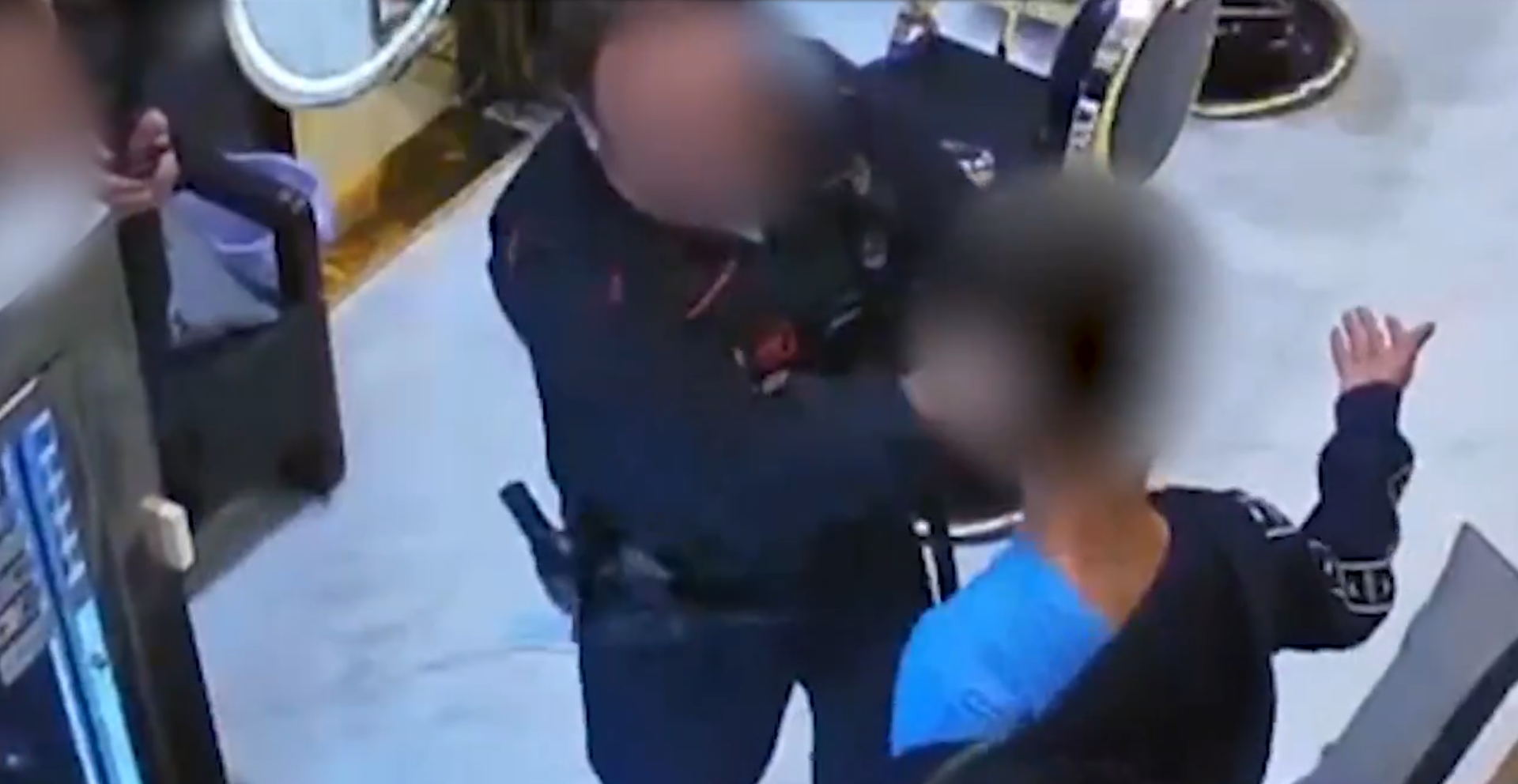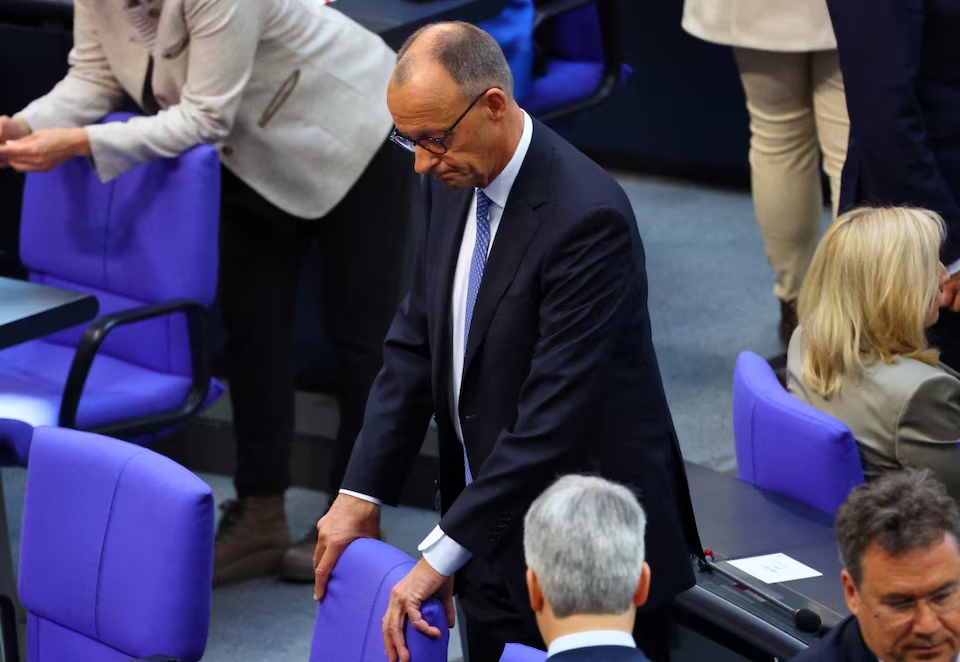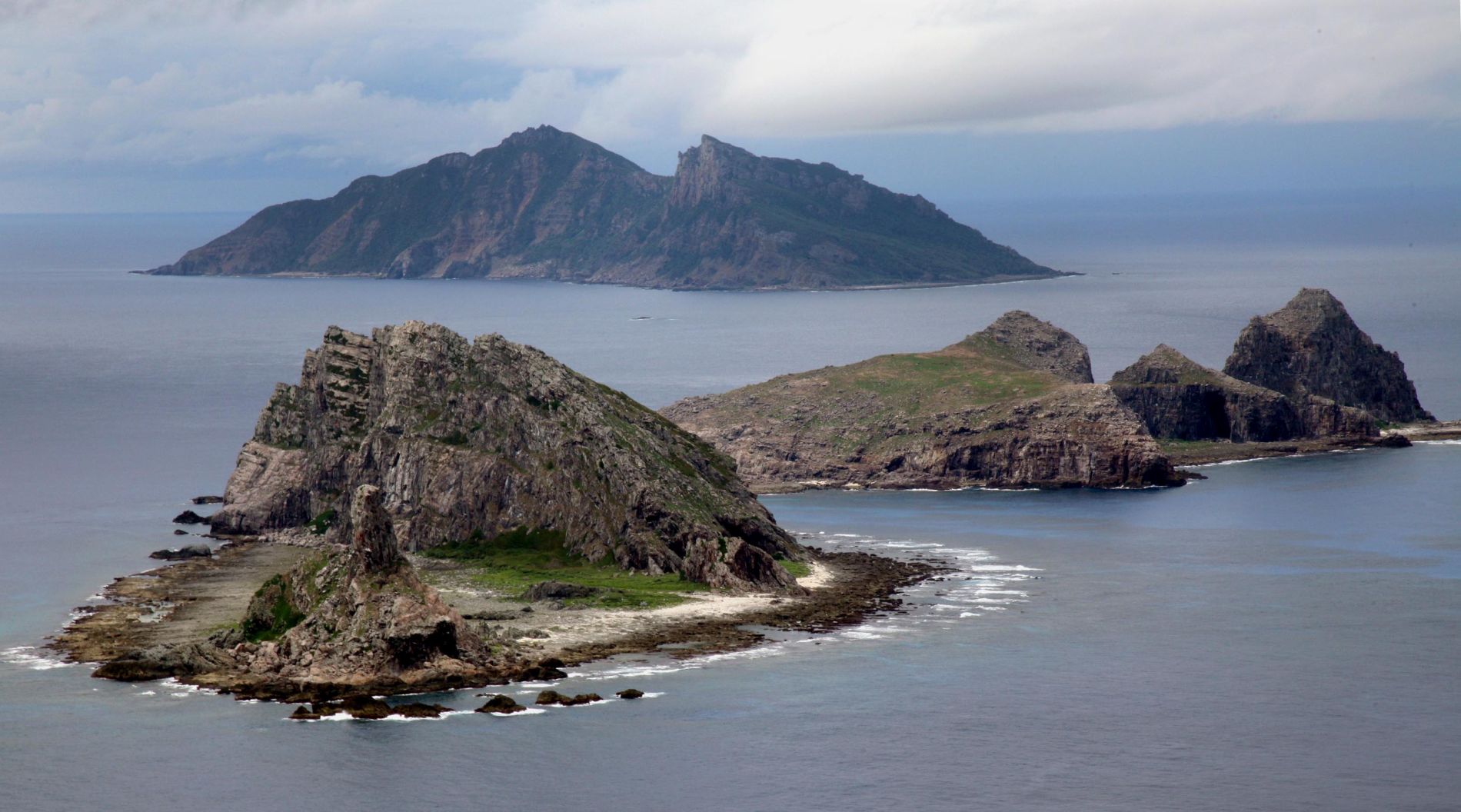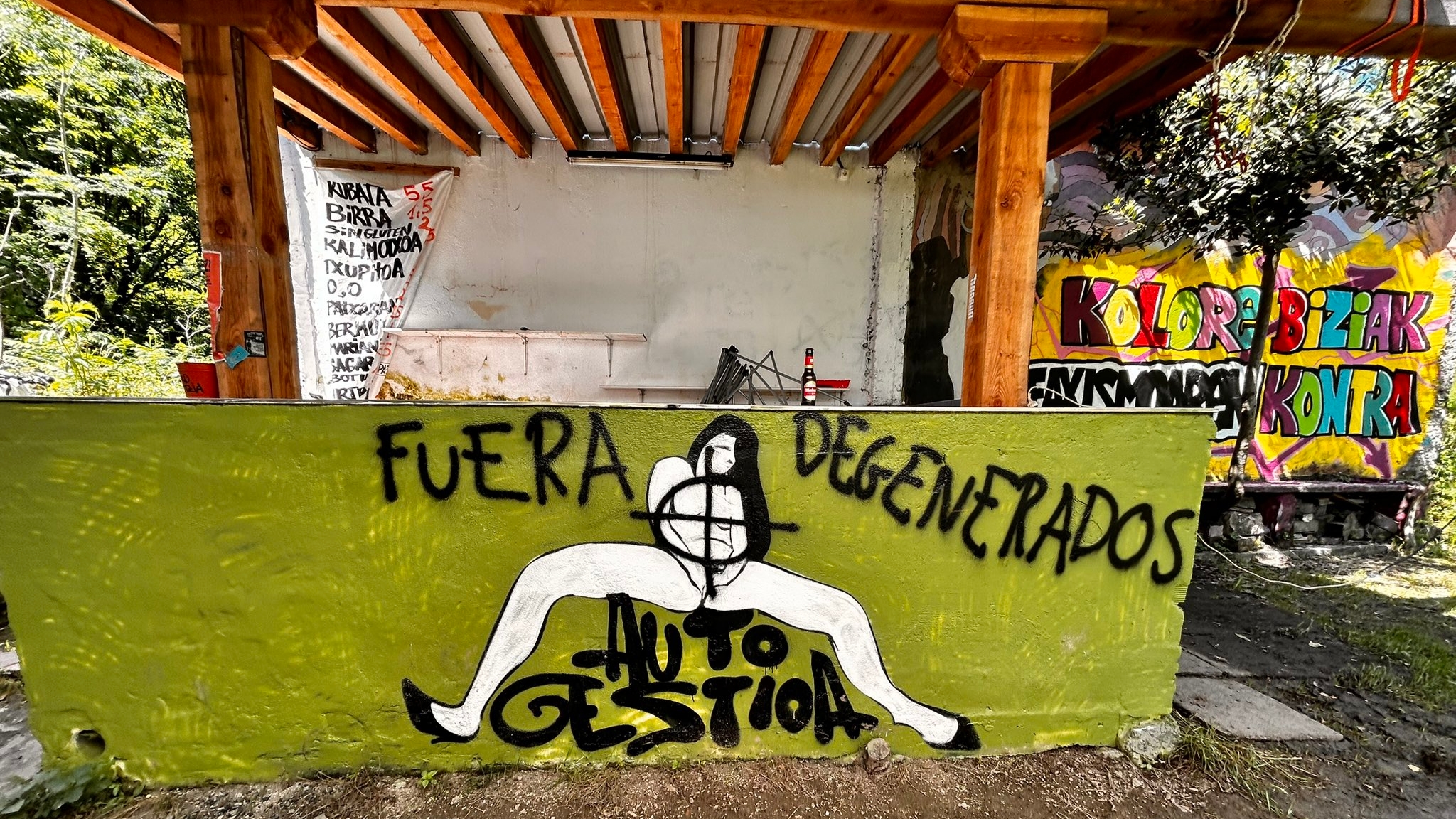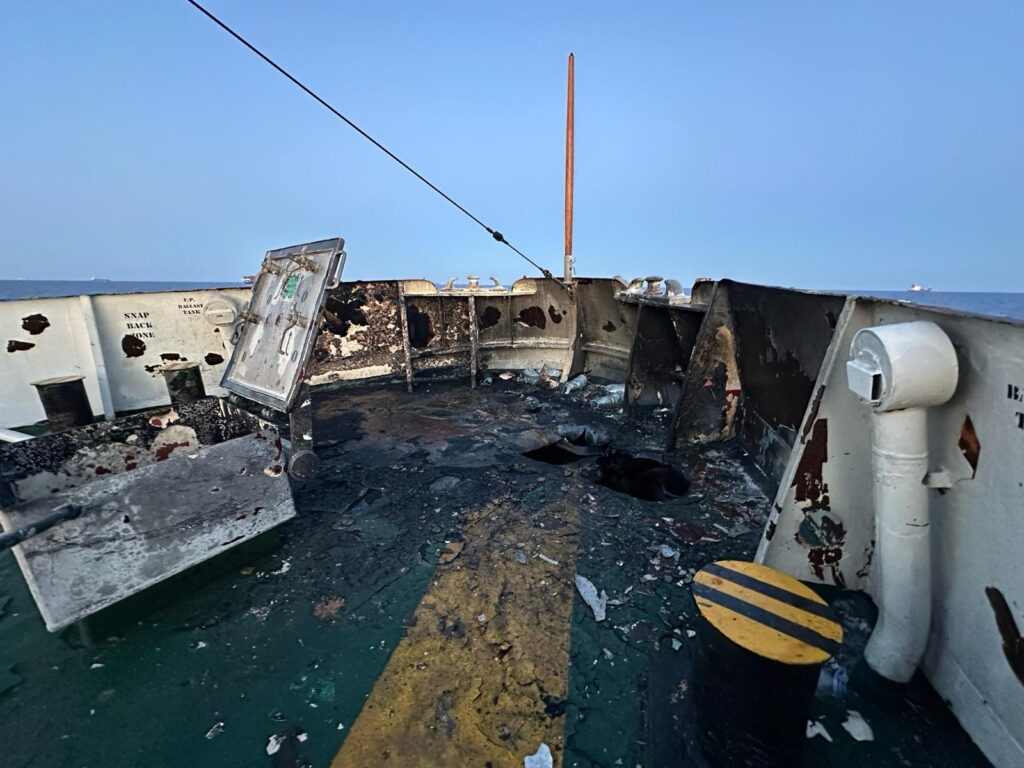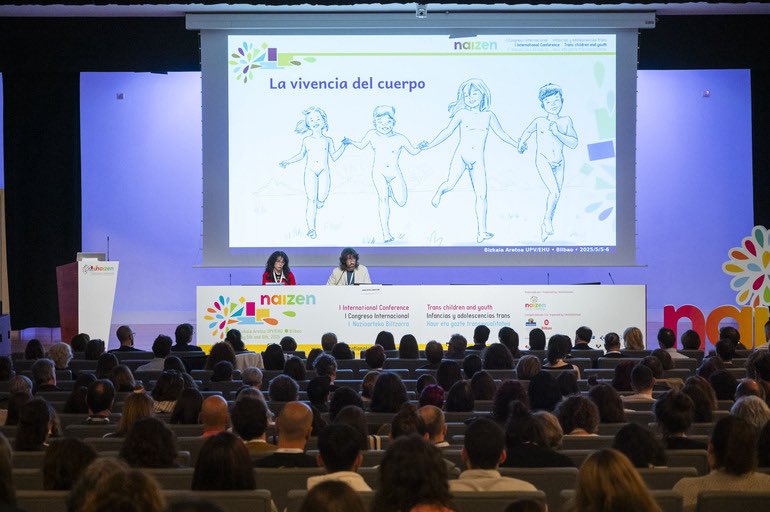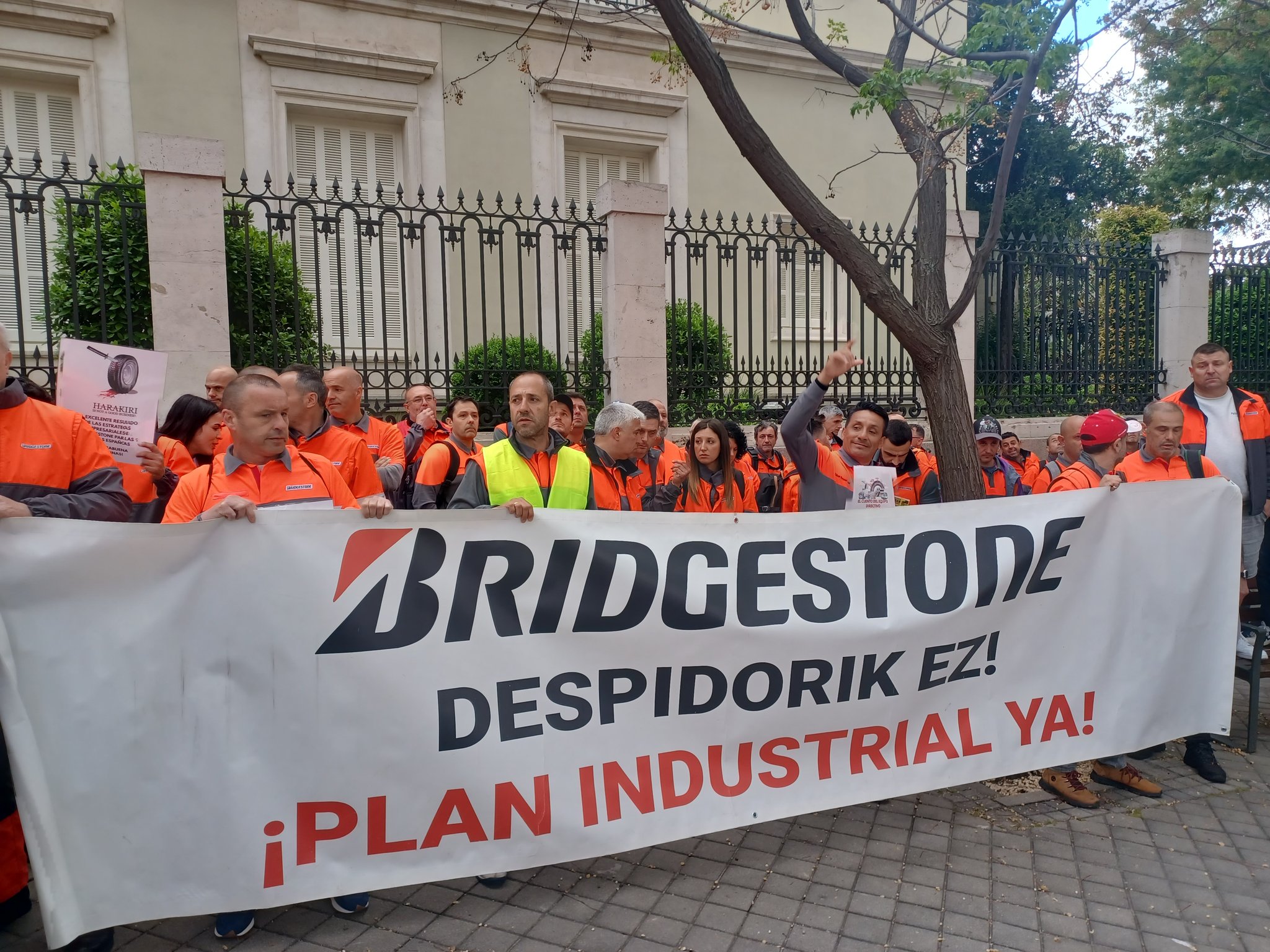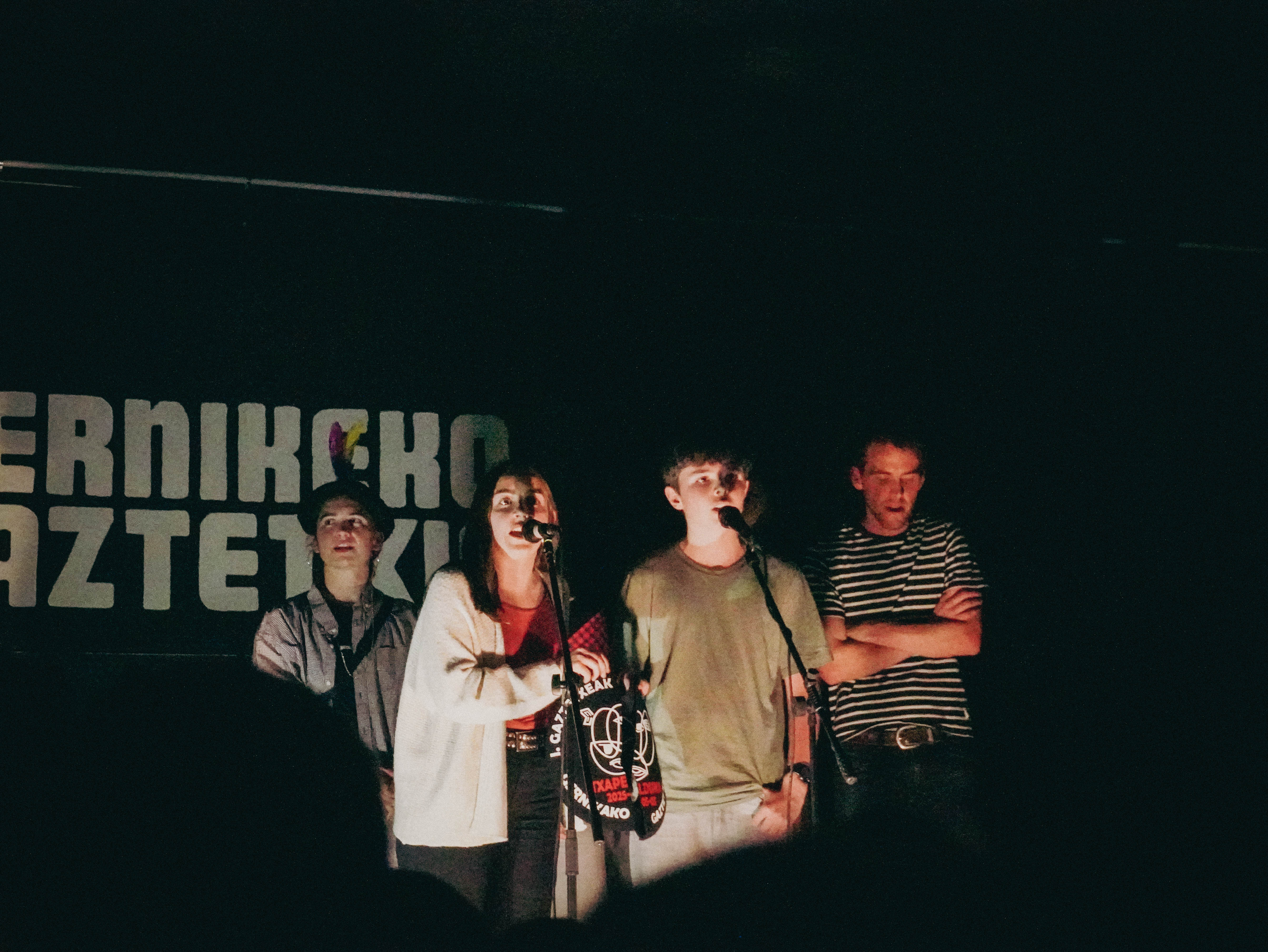"We want to provoke an answer by telling different stories"
- Solar Videos is an interesting project of Pamplona, created around the free Solar Radio of the time in 1994. Some members saw the need to bring the counter-information movement to the audiovisual and thus created this innovative collective that has come to occupy its place internationally. We met at their place with Aitor, Jara and Nerea.

What did you do in the beginning?
The collective was in charge of the performances and screenings at the time, and we published the first documentary in 1998 about San Fermín de 78: A reminder of him. The collective was very immersed in the dynamics of the city. In the year 2000, our activities changed as the Internet appeared in our lives. That’s where we started with audiovisual activism, we walked through the creation of Indymedia Euskal Herria, we started to participate in some conflicts in Navarre – like the eviction of the last villages of the Itoitz reservoir. From those years on, we started to produce videos in a much richer way. The Eviction of the Youth House, the Chronicle of the Eviction, where the war takes place, followed by Jaizkibel alive... these were the beginnings. We did most of the production in 2006.
Suddenly the documentary producers multiplied and began to mature a lot of material, because people do not know what to do with this cultivated material. People sent us documentaries and we realized that there were no distributors in Spain that were in charge of disseminating this type of material. There was a network of alternative distributors in the book industry, but not in the audiovisuals.
From 2004 we decided to release two people in the Collective Sun and there the work increased enormously. That's when we thought, why not organize a distributor? In December 2006 we assembled the distributor and made the official presentation at the Durango Fair that year.
How are you organized today?
We are part of the Collective Sun, although this part has its peculiarities. The organization has a business side, but always with political autonomy. We are currently working on the distribution of four people. Every four months we select a series of titles and distribute them in the Basque Country, in bars, social centers and bookstores of your choice. In the Basque country we select 3-4 materials every three months and distribute them in a massive way. In Spain, we distribute the entire catalogue.
What is your philosophy?
We want to provoke an answer by telling stories that normally do not resonate in official communications speeches. We want to be a tool to promote autonomous voices and thoughts that can be critical of our environment. In this way we try to give small and collective authors the opportunity and have more and more decent works in Basque. The focus is on the emergence of these critical contents.
You are pioneers in the use of Creative Commons licenses.
We’ve always had a critical approach to technology and networking. With the emergence of this new communication paradigm driven by the expansion of the Internet, the miniaturization of technology and the digitization of content, the free software discourse entered strongly. It is becoming increasingly important to have a wider network.
We believe that the most logical way to defend and disseminate our material is to use free licenses. We are doing this from the beginning, it gives more strength to the material because, in addition to the content, the form is also important in the documentary.
It fits your style to include subtitles in Basque.
Just as we make room for history and small authors, we also want to make room for small languages. In order to enrich a language, it is necessary to offer decent jobs in that language. In Navarre, it is an important political decision that we took from the beginning.
The important thing is that there is good material in Basque, this will ensure the future of the language. No subsidies or anything else.
To Shoot an Elephant has been a great thing, you have jumped all over the world...
It was a turning point in our project. We knew Alberto Arce, we contacted him while he was in Gaza, and we offered him to do the production with us when he returned from Palestine. It has opened the door to us internationally, it was presented at the IDFA festival – the most important documentary festival in Europe – and also at the Xixón festival. We also did a global screening to see the documentary in different places around the world on the same day.
We’ve covered countless paths we couldn’t even think of. We are now at another step. Above all, it has helped us to make the project visible. A lot of people have contacted us about the film. We have discovered that even in a world that makes a passionate defense of Copyright, if you move hard with your speeches and projects, you can make your way.
For more information:
* Solar Videos Website
* Documentary Channel Argia.com











